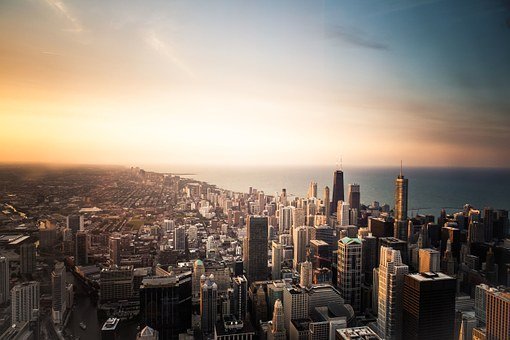We anticipate a political change and the creation of spatial alternatives for that change.
Some Marxist-oriented authors have pointed out that the problem of the construction of space in the capitalist city arises from that economic-political structure, which legalizes the appropriation of the surplus, by the class that owns the means and conditions of production, and between those conditions is space. This is what Hector Iglesias says: "The production of space built in capitalist social formalizations is carried out for its classes and the whole space is designed by the economic practice developed by transnational monopoly capital for its over-accumulation".
The rupture of the natural systemic equilibrium by the unequal exchange produced by the accumulation of Matter in minority social groups distorted the relationship of human beings-nature and the power resulting from the accumulation of the possessing groups, determined the appropriation and expropriation of space. Certainly, the design in Architecture deals with the solution of singular spatial themes. Uniqueness of the client or promoter that leads to the uniqueness of the economic investment, of the site, of the relations with the infrastructures, of the constructive solutions, which is materialized in an exclusive space, of such architect, for such client. Each design is an invention, a unique product, an artistic-craft work for the glory of the architect and the owner.
The architectural practice within the capitalist system claims that uniqueness, because the space is made for those who have private capital for construction, on a privately owned land, by a private company. We believe, therefore, that the problem of the non-space is political and that only a political change can solve it and that the construction of spaces is technical and this does not solve the problem by itself.
We consider that the technique to solve the problem of the non-space in a new society, is a space that requires a new technique, which is not what is commonly taught and learned in the Schools of Architecture, but the one that goes according to with a new theory of space for the multitudes as a political-philosophical tool for the ethical future.
We anticipate a political change and the creation of spatial alternatives for this change, which can theoretically support a political practice that makes them a reality, so that the non-space can have them. With this, we propose a theory of space that is based on this conception of a theoretical practice for a political practice, which will judge, in the first place, the fundamental settlement of the built space, the urban space and, secondly, the attributes determinants of the entire design of the buildings of the bourgeoisie.
